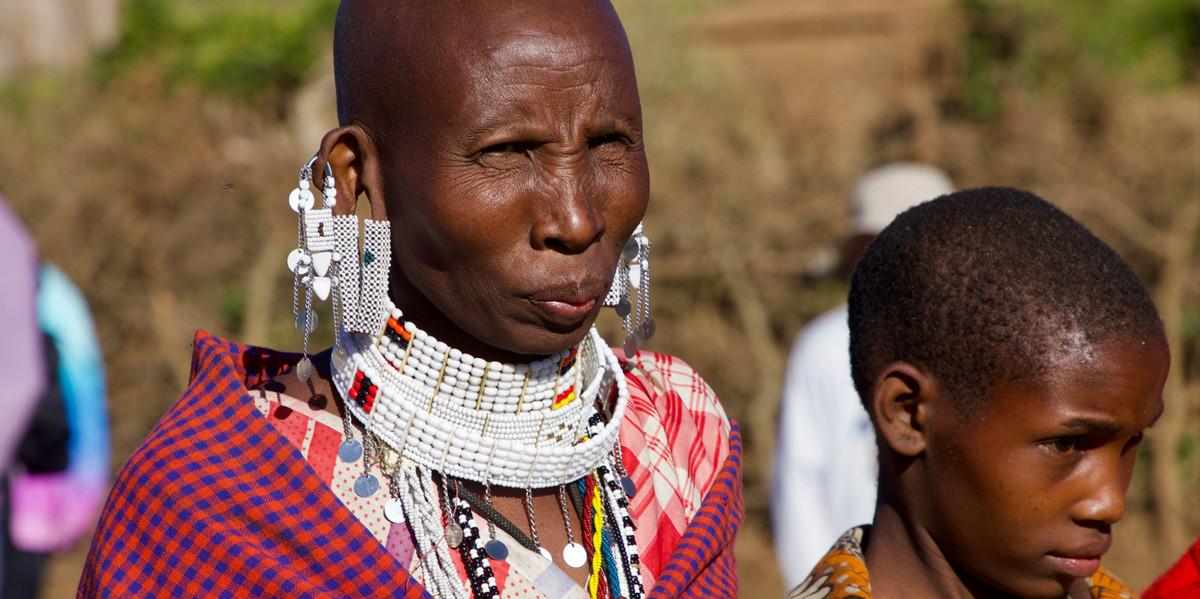On World Heritage Day, CIDSE’s US Member, the Maryknoll Office for Global Concerns, released the following statement, as a member of the Maasai International Solidarity Alliance*, in support of the human rights of the Maasai in northern Tanzania.
April 18, 2024
On this day, known as World Heritage Day, we give thanks to God, our Creator, for the diversity of cultural heritage in our global community. As missioners committed to living the teachings of the Gospel of Jesus Christ with compassion and justice for all, we recognize that all persons are made in God’s image. We recommit ourselves to fostering mutual respect across cultural expressions, recognizing diversity in cultural heritage to be a source of beauty and strength in the many threads that make up the unified tapestry of creation.
As a part of our commitment to building a welcoming, peaceful world, we feel obligated to raise awareness about the human rights violations currently subjected upon Indigenous Maasai people in the Ngorongoro Conservation Area (NCA) of northern Tanzania. UNESCO designated the NCA a World Heritage Site in 1979 as a multiple land use area, with wildlife coexisting with semi-nomadic Maasai pastoralists. Members of the Maasai community there tell us that, under the guise of promoting conservation efforts, the government of Tanzania favors a policy of ‘nature conservation’ prioritizing the care of wildlife for tourism revenue, rather than an ‘integrated conservation’ supporting the ancient eco-relationship between the pastoralists, their herds and wildlife. As a result, thousands of Maasai herders in Ngorongoro Conservation Area are at risk of forced eviction from their ancestral land. Maasai have reported arbitrary arrests, beatings, and unlawful confiscation of their cattle along with an increasing military presence. The government of Tanzania has also cut health and education services in the NCA, including grounding of the air ambulance transport known as the Flying Medical Services, leaving many Maasai with no alternative but to resettle elsewhere.
The Maasai have shaped and taken care of the Ngorongoro Conservation Area for generations. It is their rightful home; the pastoral way of life is Maasai identity and livelihood. Knowing that Maasai representatives have, for years, submitted reports of evictions, human rights violations, and harassment to various UN bodies, including UNESCO, and called for investigations and protection, to no avail, we stand in solidarity with the Maasai people in requesting that UNESCO delist the Ngorongoro Conservation Area due to human rights violations against Indigenous peoples taking place with no abatement.
*The Maasai International Solidarity Alliance (MISA) is an international alliance standing in solidarity with the Maasai of Ngorongoro Conservation Area and Loliondo in northern Tanzania. It brings together faith-based organisations, human rights groups, international aid and development organizations as well as researchers. The alliance includes the Africa Europe Faith Justice Network (AEFJN), Agrecol Association for AgriCulture & Ecology, Coalition of European Lobbies for Eastern African Pastoralism (CELEP), CIDSE, Food First Information and Action Network (FIAN), KOO, Misereor, and Welthaus Graz.
For more information on MISA’s activities, read their newsletter, available on the Maryknoll Office for Global Concerns website.
Maryknoll Office for Global Concerns contact person: Susan Gunn, Director (sgunn(at)maryknollogc.org)
Cover photo credit: Magdalena Kula Manchee / Unsplash

